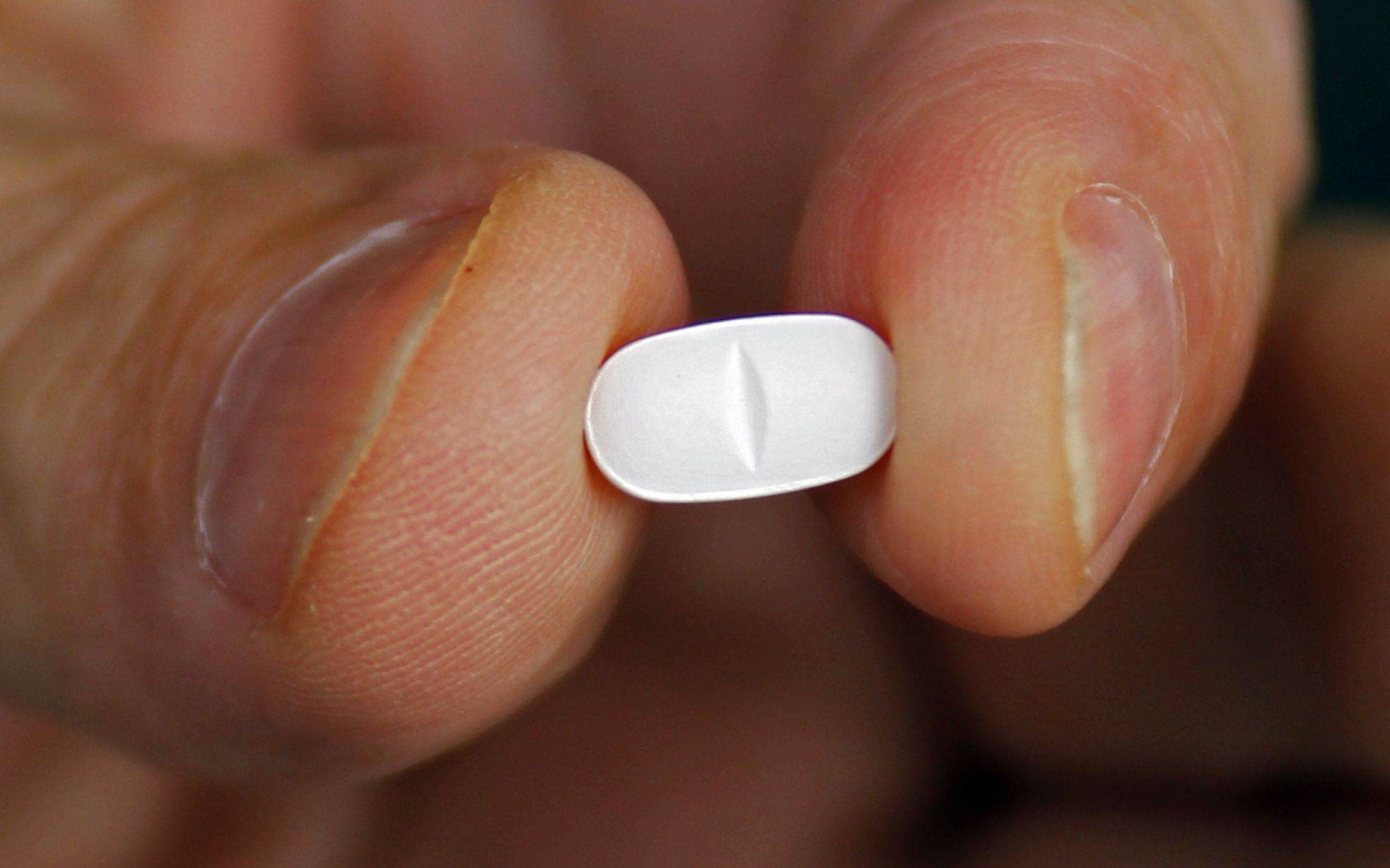
Update | Antidepressants don't work for everyone. When it comes to the most intractable form of depression, Major Depressive Disorder, symptoms vary, the causes are nuanced and poorly understood, and not everyone responds to the same treatment.Now, a group of researchers have found a partial reason why a class of antidepressants work for some and not others—and it lies within a gene.
Dr. Marianne Müller, a psychiatrist at Johannes Gutenberg University, explains that people who are at extreme lows and sometimes at risk of suicide lose precious time cycling through different drugs, waiting for them to take effect, and seeing what works.
To find an explanation for the variation in response to antidepressants, Müller and her colleagues first turned to mice. They separated out the mice into two groups, and dropped them into pools of water before giving them an SSRI (serotonin-selective reuptake inhibitor) antidepressant. Some responded well to the drugs, and showed signs of persistence by continuing to swim to escape. Others didn't seem to be helped, and laid limp in the pool, doing only the bare minimum to stay afloat.
Analyzing the transcription factors in the blood of the "good" and "bad" responders, Müller's group found that the "good" mice had much higher blood levels of a product of a gene that relates to stress response.
Müller's group then looked to see how this might help humans.
Looking at a group of human patients with depression, they set out to look at the differences between mice and men. And, as it turns out, the result mostly held up: the presence or absence of this transcription factor predicted response to antidepressants with 76 percent accuracy. They published their findings Thursday in PLOS Biology.
In medicine, what's true in mice isn't always true in humans. "It would be wrong to say we can model depression," Müller said, highlighting that in experiments like hers, mice can be used to model symptoms of depression. And, more than that, Müller's team found that their results in mice mostly held up in humans. While 76 percent prediction is not enough to develop a new treatment, Müller said, it's far higher than what she expected to see.
Dr. Victor Reus, a psychiatrist at UCSF who was not involved with the study, adds that the HPA axis, a system that orchestrates the body's response to stress, is almost certainly involved in depression. So it makes sense that the gene Müller's group found is related to the HPA axis.
He does point out (as does the study itself) that Müller's group doesn't see any difference in the hormone the gene influences between the two different groups of humans, although that doesn't undermine the study's significance or strength, both of which it has in spades. The challenge, he adds, for any single, clinical study like this, is to go beyond the samples studies, and try to replicate the effect.
"There have been hundreds of studies looking at genetic variation," Müller said. "But so far everything has been disappointing."
Müller hopes that this avenue of work could help solve this clinical problem and figure out how to get people who are suffering the treatment they need. And, for major depression, a disease whose explanation has changed often along with its recommended form of treatment, she hopes it can paint a clearer picture for diagnosing and helping people in pain.
This article has been updated with comment from Dr. Victor Reus.
Uncommon Knowledge
Newsweek is committed to challenging conventional wisdom and finding connections in the search for common ground.
Newsweek is committed to challenging conventional wisdom and finding connections in the search for common ground.
About the writer
Joseph Frankel is a science and health writer at Newsweek. He has previously worked for The Atlantic and WNYC.





